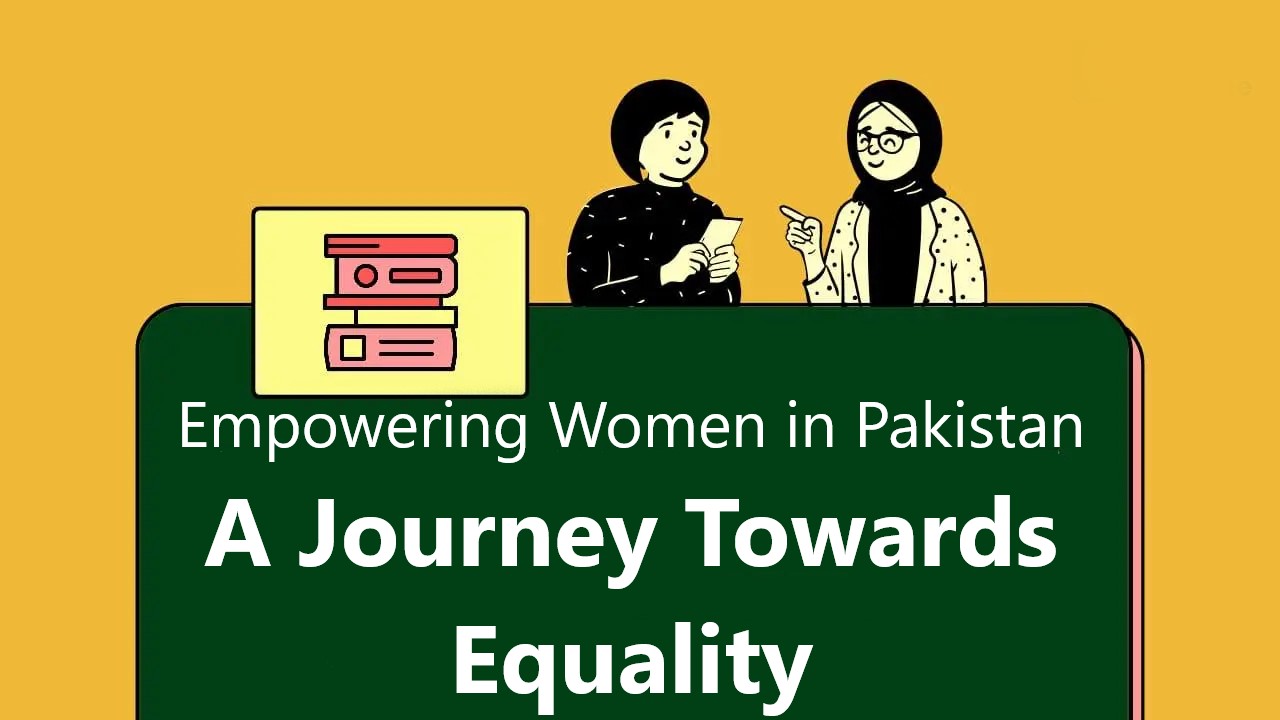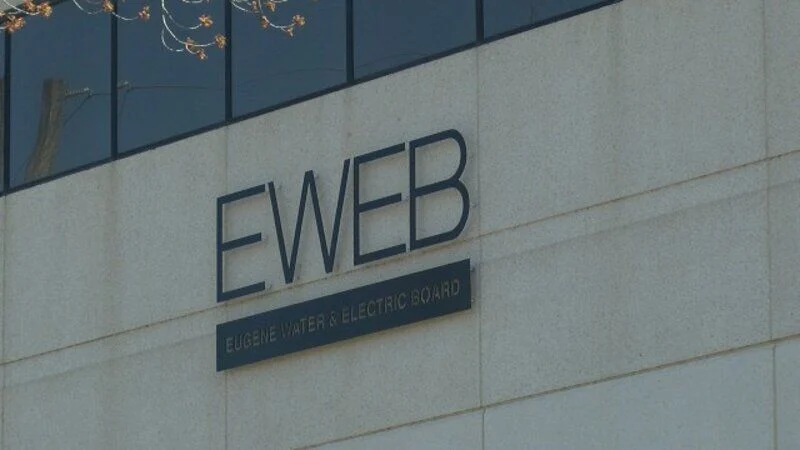In the mosaic of Pakistan’s social fabric, the role of women has been both profound and evolving. From the pioneering strides of Fatima Jinnah, the Mother of the Nation, to the resilience and determination, Pakistan’s daughters have continuously carved their mark in history. Yet, the journey towards gender equality and women’s empowerment remains a complex and ongoing narrative in the country.
Pakistan, like many other nations, grapples with entrenched patriarchal norms and socio-economic barriers that hinder women from realizing their full potential. However, amidst these challenges, there is a growing momentum towards empowerment, driven by grassroots movements, legislative reforms, and a burgeoning recognition of the invaluable contributions women make to society.
One of the pivotal shifts in recent years has been the acknowledgment of women’s rights as fundamental human rights. The ratification of international conventions and the enactment of legislation such as the Protection against Harassment of Women at Workplace Act demonstrate a commitment to creating safer and more inclusive spaces for women in the workforce. This legal framework serves as a foundation for dismantling systemic barriers and fostering a culture of respect and equality.
Moreover, education emerges as a powerful catalyst for change. Initiatives like the Benazir Income Support Program (BISP) and the provision of scholarships for girls from marginalized communities have significantly increased access to education. By investing in girls’ education, Pakistan not only empowers individuals but also fosters socio-economic development, as educated women are more likely to participate in the labor force and contribute to household incomes.
Furthermore, the realm of entrepreneurship has emerged as a fertile ground for female empowerment. Through programs like the Women Entrepreneurship Development Program (WEDP), aspiring women entrepreneurs receive training, mentorship, and access to resources, enabling them to establish and grow their businesses. These endeavors not only enhance economic independence but also challenge traditional gender roles and perceptions of women’s capabilities.
In the digital age, technology serves as a powerful equalizer, providing women with platforms to amplify their voices and advocate for change. Social media campaigns, such as #MeToo and #AuratMarch, have catalyzed conversations around gender equality, shedding light on issues ranging from gender-based violence to reproductive rights. These digital movements have galvanized collective action and inspired a new generation of activists to challenge the status quo.
Despite these strides, significant hurdles remain on the path to women’s empowerment in Pakistan. Gender-based violence, including honor killings and domestic abuse, continues to plague communities, underscoring the urgent need for comprehensive legal reforms and enhanced support services for survivors. Additionally, cultural stigmas and societal expectations often constrain women’s choices and opportunities, reinforcing gender disparities in various spheres of life.
True empowerment necessitates a multi-dimensional approach that addresses the intersecting challenges faced by women in Pakistan. It requires not only legislative reforms and policy interventions but also a shift in societal attitudes and norms. By fostering an environment that values and celebrates the diverse contributions of women, Pakistan can unlock its full potential and pave the way towards a more inclusive and equitable society.
In the tapestry of Pakistan’s journey towards women’s empowerment, each thread represents a story of resilience, determination, and hope. As we continue to weave this narrative, let us reaffirm our commitment to building a future where every woman and girl can thrive, unrestricted by the constraints of gender. For in empowering women, we empower communities, nations, and humanity as a whole.





